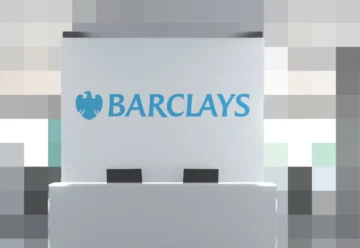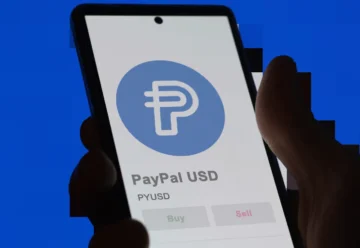European Central Bank Selects Providers of Key Components for Digital Euro

The European Central Bank (ECB) finalized the tenders for the development and provision of five core components of the digital euro (CBDC). The total potential value of the contracts exceeds €1.16 billion.
The ECB announced the signing of framework agreements with companies that will develop the main technical elements of the digital euro. The service providers were selected through tenders launched in January 2024. The chosen solutions must ensure not only convenience and accessibility of payments for citizens and businesses but also a high level of data protection, resilience against cyber threats, and the ability to operate without internet access.
Project details and contract terms:
- The Alias Lookup system — enables transfers using simplified identifiers such as phone numbers or email addresses. Implementation was awarded to a consortium of Sapient GmbH and Tremend Software Consulting S.R.L., with equensWorldline as the backup provider. The total value of the framework agreement is estimated at €55.8 million.
- Risk management and the fraud prevention system — to ensure operational reliability, the ECB contracted Portuguese company Feedzai as the primary provider and Capgemini Deutschland GmbH as the secondary. The potential contract value is up to €237.3 million.
- The official digital euro app and SDK — for integration with banking and payment service applications. The tender was won by Italian firms Almaviva SpA and Fabrick SpA, with Sapient GmbH and Tremend Software Consulting S.R.L. as the second providers. The contract value is estimated at €153.6 million.
- The Secure Exchange of Payment Information (SEPI) system — will play a key role in the architecture of the digital euro. The contract was awarded to German company Senacor FCS GmbH, with equensWorldline as the backup provider. The budget amounts to up to €55.2 million.
- The offline payments solution — enabling instant digital euro transactions without internet access. This hardware-based offline solution will be developed by German company Giesecke+Devrient advance52 GmbH. The maximum value of the framework agreement is €662.1 million, the largest among all contracts awarded.
All agreements are structured as framework contracts with a four-year duration and the possibility of extension up to 10–15 years, depending on the complexity and scale of development. The contracts include options for expanding the scope of work and strict requirements for data security, including the exclusion of providers from non-EU countries.
The contracts don’t involve immediate payments. Actual development of the components will begin only after the ECB Governing Council decides to move to the next phase of the project.
The press release emphasizes that selecting the providers marks an important step in the preparatory phase of the digital euro project, but its practical implementation will start only after the adoption of the digital euro regulation, which is still under discussion at the EU level.
Piero Cipollone, Member of the ECB Executive Board, stated during the Bloomberg Future of Finance event that the launch of the digital euro (CBDC) could take place around mid-2029.
According to the ECB’s own research, most EU citizens don’t support the introduction of a central bank digital currency, as they’re concerned about data privacy and don’t see advantages over existing payment methods.











